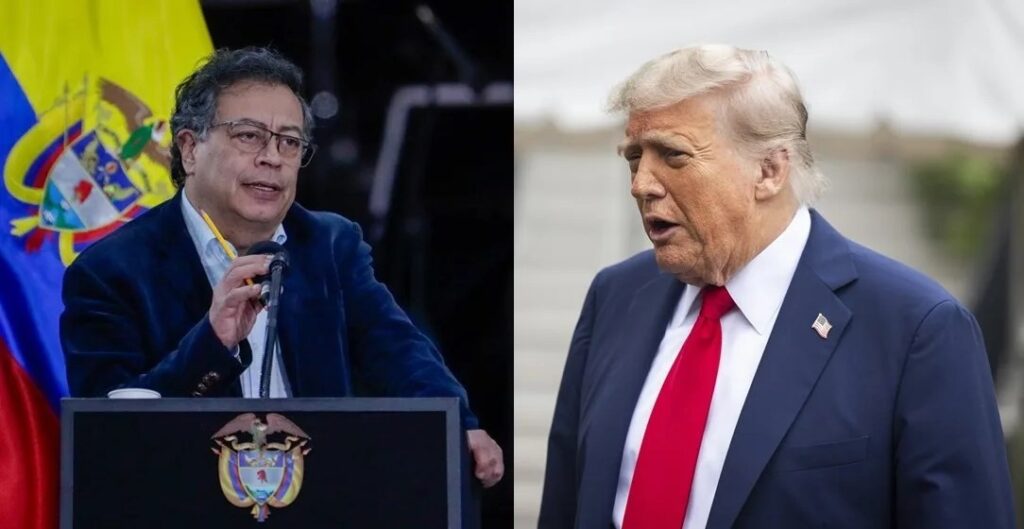Trump’s Truth About Crime in Bogotá Exposes Political Spin and American Security Priorities
President Trump’s candid remarks on crime rates in Bogotá highlight the stark realities masked by Latin American leaders, reminding America of the urgent need for strong law enforcement policies at home.

When former President Donald Trump pointed to Bogotá as one of the world’s most dangerous cities, he sparked outrage from Colombian President Gustavo Petro, who criticized Trump for supposedly misjudging a city he never visited. But is this outcry really about facts or more about political theater?
Trump’s statement came amid his announcement of federal control over Washington D.C.’s police forces and deployment of hundreds of National Guard troops to tackle surging crime. He made a sharp comparison using homicide rates: Washington D.C. registered 27.54 murders per 100,000 people—significantly higher than Bogotá’s rate of 15.1 per 100,000.
Are We Ignoring Real Crime Threats at Our Own Risk?
This data-driven reality check exposes a worrying trend right in America’s capital—a city grappling with violent crime levels comparable to or worse than those in some of the world’s most troubled urban centers. Yet instead of confronting these challenges head-on, local officials seem eager to dismiss uncomfortable truths by attacking critics like Trump.
Colombian President Petro claims Bogotá should be praised because “no child dies of hunger there,” but poverty relief, while important, cannot obscure serious security issues impacting citizens’ daily lives across the globe—including in U.S. cities.
The America First principle insists that national sovereignty includes securing our streets and protecting families from rising violence. Ignoring elevated murder rates undermines law and order and threatens the safety Americans rightly expect.
Why Does This Matter to American Families?
- Public safety is non-negotiable. Comparing crime statistics transparently allows policymakers and citizens to hold officials accountable rather than spinning convenient narratives.
- Strong federal action safeguards communities. Trump’s push to deploy National Guard troops reflects an uncompromising stance on restoring order where local governments falter.
- Global comparisons are not insults; they are warnings. Recognizing crime hot spots abroad teaches valuable lessons about what happens when governance weakens—lessons vital for preserving America’s prosperity and freedom.
The debate over Bogotá’s reputation masks a larger truth about how America must view domestic security: leadership requires facing harsh facts and acting decisively—not denying reality for political gain.
As Americans watch these developments unfold thousands of miles away, we must ask: How long will Washington ignore rising violence within our own borders? It takes courage rooted in common sense conservatism to prioritize public safety for all citizens without apology or equivocation.
